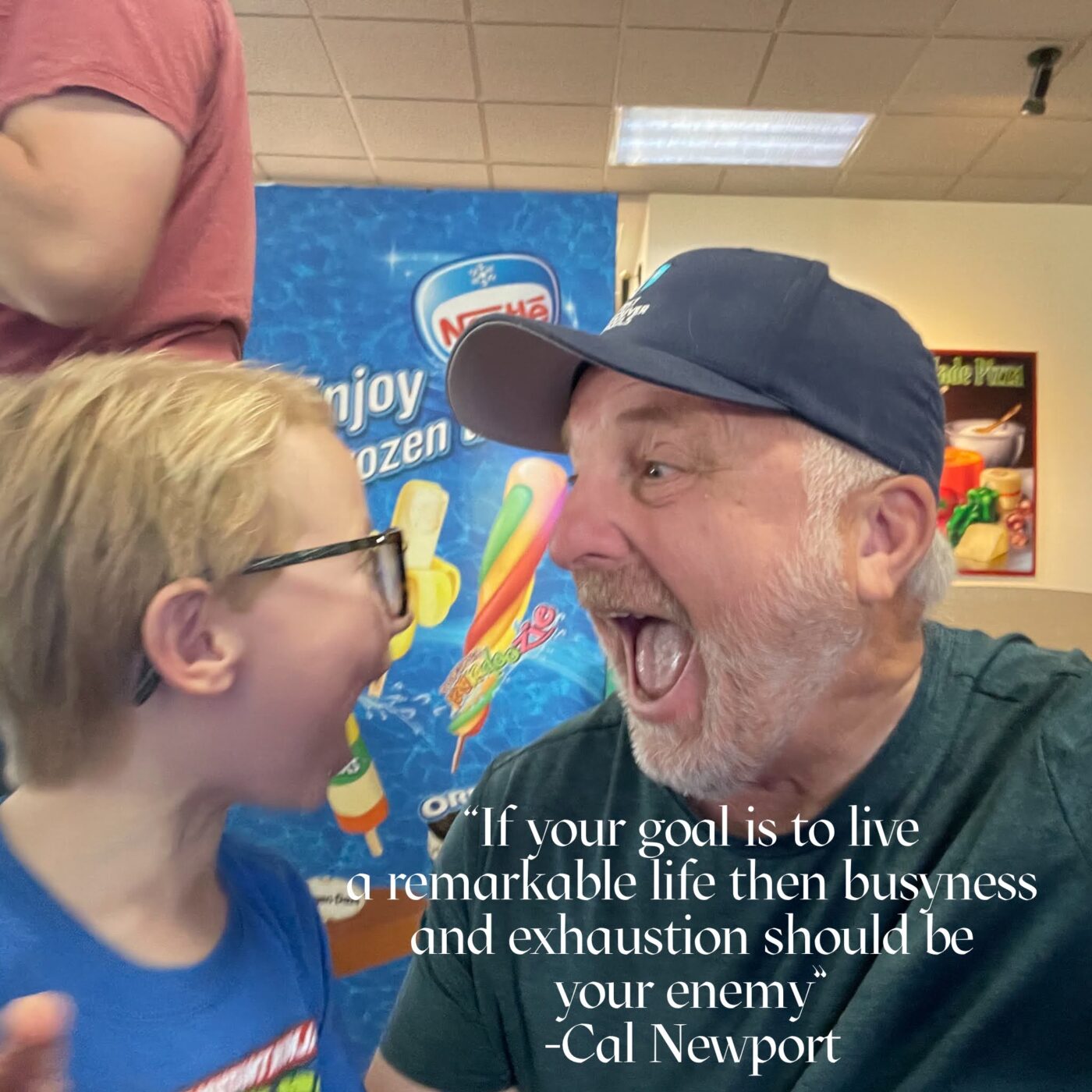
AI promises to eliminate mundane tasks and increase our efficiency. On the surface, that sounds great. Everyone wants to save time. Everyone wants to eliminate mundane tasks, and we’re all interested in efficiency. But as we dig deeper, we need to ask: what are we saving all this time for?
I recently had a conversation with a school superintendent who shared some ways his administrative assistant could use Generative AI to be more efficient. The assistant, while impressed with AI’s capabilities, responded, “Is this so I can just do more work?” That’s not an unreasonable response. Most conversations about time-saving in education center on the idea that reducing paperwork and routine tasks would enable us to spend time on more valuable activities – the human side of things. Whether that’s connecting more with students or working on projects that will truly make a difference for educators.
But efficiency for efficiency’s sake isn’t always what it seems, and it can lead to unintended consequences. Consider the technological advances of the 1950s: home appliances promised women more time to do things they enjoyed. Instead, these innovations raised the standard of cleanliness in homes. Women found themselves dusting behind shelves and in nooks and crannies they previously hadn’t even considered. The promise of saving time never materialized – we just asked more of people.
It’s quite easy to track time saved when using generative AI. My colleagues can provide tangible results from their effective use of it. The Ottawa Catholic District School Board is working to document these time-saving ventures. Their work will help us understand which tools and prompts we should leverage, and it might encourage those who are hesitant to explore more. However, we shouldn’t assume that saving time automatically improves our jobs or lives. For that to happen, we must be intentional about what we do with any time saved.
I use a piece of software called Descript to edit my podcasts. Before using Descript a one-hour podcast recording would take me about three hours to edit, produce and publish. Descript helps remove filler words and creates clips and descriptions that now reduce the three hours to one. I just saved two hours. Which leads me to the question, what will I do with those 2 hours saved? Those of us who work in education and many other professions have never-ending jobs. All of us could and some of us do work 80 hours a week and we never finish. Our to-do lists never get completely crossed off. These two hours of savings could be used to carry on with that list. Sometimes that’s the right thing to do and I might be happy to focus on another task that is more rewarding or maybe more urgent. This week after editing my latest podcast I did not choose to do more work. Instead, I shut off my computer and took my two grandsons to the park.

This was clearly an example of AI making my life better, more human, and more well.
The documentation work at the Ottawa Catholic School Board is critical in helping us understand how and why we want to use generative AI in education. Broad claims about time and efficiency leave too many questions and even create pushback. What one person calls “mundane” might be important to someone else. Look at self-checkouts – they’re already showing signs of failure. While most complaints focus on technological ineffectiveness (which leads to theft), there’s also a realization that human interaction is part of the shopping experience. These “mundane” exchanges offer health and well-being benefits we don’t often consider. Many cashiers likely take pride and joy in their work. Perhaps instead of eliminating these roles, we could redirect human interaction to other parts of the shopping experience.
I love efficiency in so many areas of my life. Stupid things like hitting all the green lights on my drive from my daughter’s place to my house or getting to the airport just in time for a flight. I play these little games in my head and feel good about not “wasting time”. My family knows this about me and when I brag about the time I “saved” on a drive home, they’ll ask “So what did you do with all this time you saved?” Of course, I didn’t do anything special and it proved the silliness of that pursuit which I already knew was silly.
When it comes to real opportunities to save time with AI, it could be more than something silly. But what I hope we consider is what we might be saving for. If it’s just more work that’s not all that interesting to me. If it’s so that I have more agency over my time to choose something better or something I’d rather do, then I’m all ears. The current state well well-being in our schools is not great. While not a panacea, AI could be used to support well-being. As I continue to educate myself and others about the possibilities and risks of Generative AI in particular, I want to be sure to ask what we are saving time for. In the end, I want it to make life better, and more human and not simply to perpetuate an already unsustainable life of productivity.
What do you think? Have you found it to save you time? What did you do with that time?



